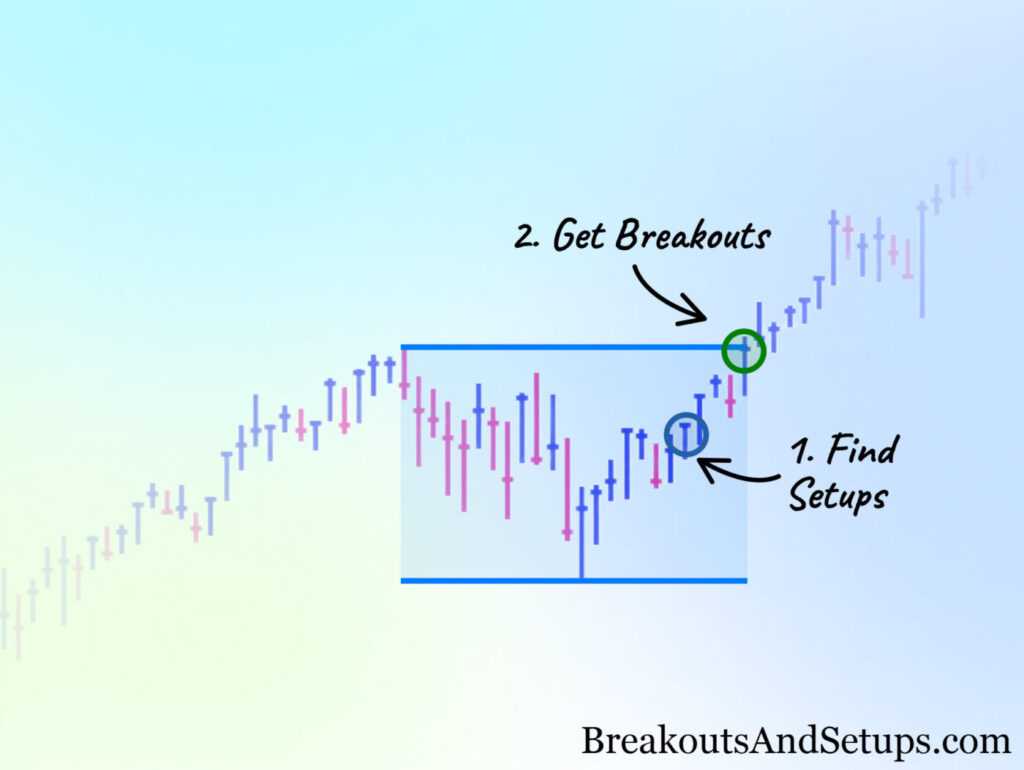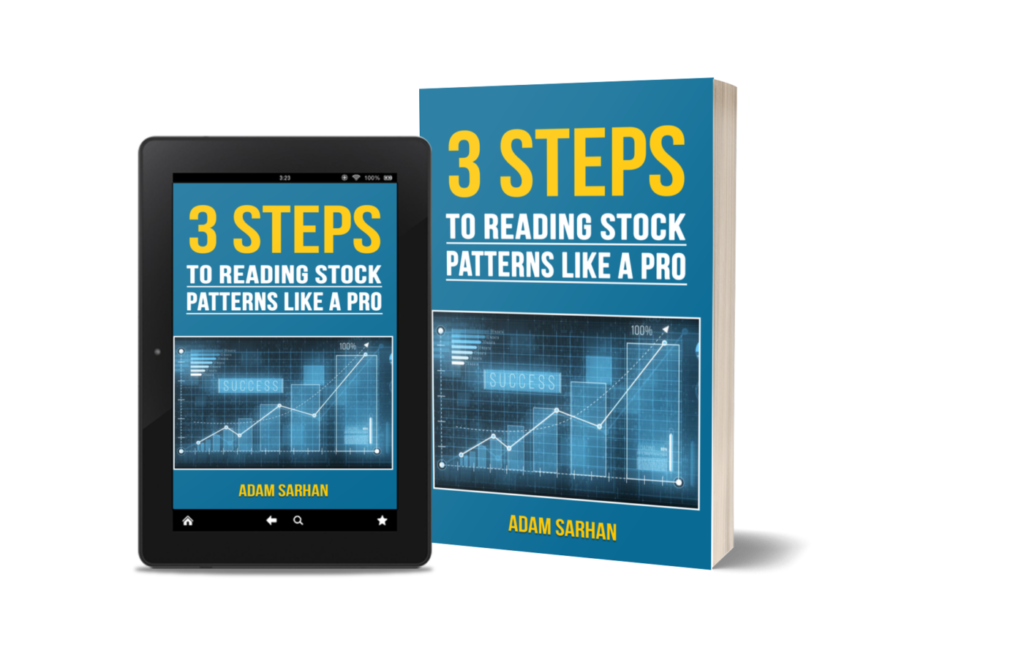 Maintain a High Trading Standard
Maintain a High Trading Standard
There are approximately 15,000 actively traded stocks on the major North American stock markets. That gives investors looking for a stock to trade a lot of choices. Good traders respond to these varied alternatives by being selective with a focus on the best ideas. Struggling traders end up taking marginal opportunities that may not have a high probability of success. What causes traders to trade marginal opportunities?
3 Main Reasons People Make Mistakes In the Stock Market:
- Lack of trading knowledge
- Succumbing to fear
- Succumbing to greed
Look For Good Opportunities
An experienced, well-trained trader should know how to trade and identify good opportunities. Despite their knowledge and skill, many of these traders still take marginal trades because of one of the other two mistakes. Simply put, they are afraid that they will miss out on something good.
The Psychology Behind Taking Marginal Ideas
Most traders can remember a time when they thought about entering a trade but decided not to because the set up was less than ideal. What makes the memory stick is when that trade turns out to be a great money maker. Being left on the curb as the bus is leaving the station on its way to Profit City is frustrating. The next time a marginal trading opportunity comes along, we decide to take the trade. Essentially, we are reacting to our painful memory of missing out on the previous marginal trade that proved to be successful.
We are afraid of missing out and are eager to make money. Blinded by fear and greed.
A marginal trade is marginal because it has a lower probability of success. Keep in mind that the nature of probability is that there will be instances when the low probability outcome occurs rather than the high probability outcome. Otherwise, we would be talking about certainty and not probability.
If you are looking at a marginal trade, it probably means that the expected potential for profit is less than 60%. That means that the trade will work some of the time. The problem is that we remember those times that it did work and take the trade the next time a similar set up occurs. But, because probability is not on our side, that reactionary trading decision often leads to a loss.
How Losses Affect Your Confidence:
The real problem comes when our losses affect our confidence. With the losing trade fresh in our mind we tend to shy away from high probability trades because we are afraid of losing again. The problem is not the quality of the trade that we are considering but our conditioned response to risk as a result of taking a marginal trade.
Post Analysis:
Anytime I have a streak of losers I find that I almost always have taken some marginal trades, those that do not quite fit my trading criteria. When I go back and analyze these trades I realize that the problem is not in my rules but the undisciplined application of my trading rules. By getting back to disciplined trading I almost always reverse my losing streak.
Our Brains Remember Pain:
Our brains are wired to remember pain. The pain of missing out on a good trade can lead us to take a marginal trade. What good traders remember is that there are a lot of buses leaving the station. By sticking to their disciplined trading approach, good traders will find the high probability trades that provide some nice rides and for those marginal money makers that we miss, remember that there is always another bus.




